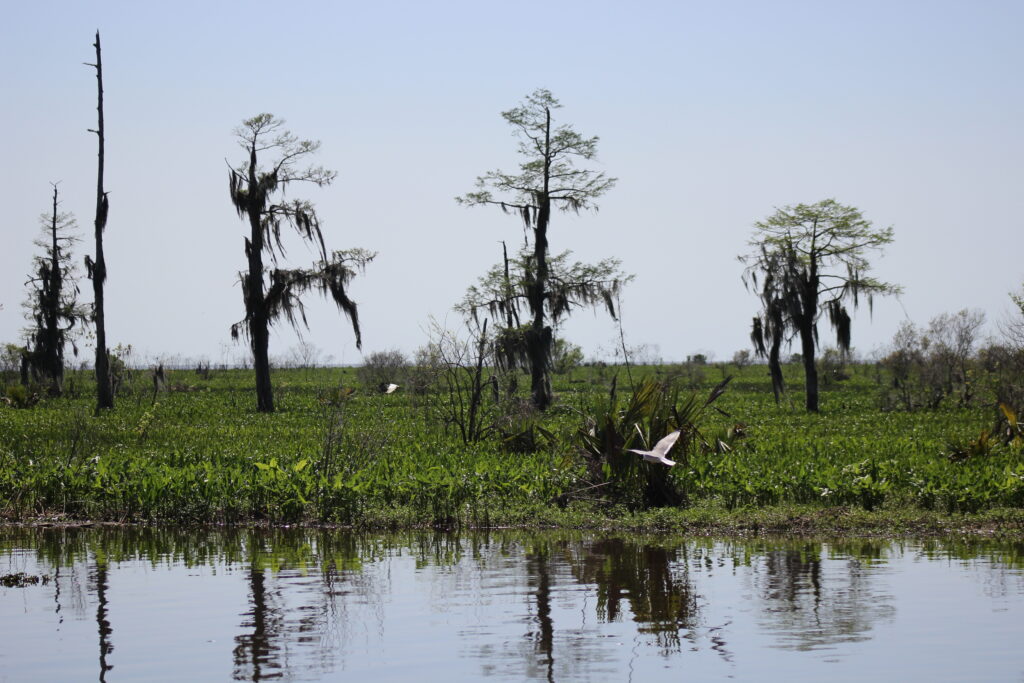Home / Education / University Defends Dismissal of Researcher Exposing Lake Maurepas Pollution
University Defends Dismissal of Researcher Exposing Lake Maurepas Pollution
1 Oct
Summary
- Researcher Fereshteh Emami removed from project for not completing work on time
- Emami's research showed high levels of pollution and heavy metals in Lake Maurepas
- University claims Emami fell behind on sample analysis and refused help from administrators

In a controversial move, Southeastern Louisiana University has removed associate professor Fereshteh Emami from a project monitoring pollution in Lake Maurepas. Emami, a chemistry professor, had been leading a team of researchers analyzing water and sediment samples from the lake over the past three years. Their findings showed high levels of pollution and heavy metals such as arsenic, cadmium, and lead.
The university initially did not explain Emami's removal, leading to speculation that she was dismissed due to her research findings or outside influences. However, internal documents and interviews reveal that Emami was removed for failing to complete her work on time. The university claims Emami and her research team fell behind on sample analysis and stopped regularly visiting monitoring sites. Additionally, Emami allegedly did not hire the necessary personnel to complete the project and refused help from an administrator.
Emami disputes these claims, stating that the student trained to pilot the research boats left the university and that bad weather disrupted some site visits. She also alleges a dispute with an administrator over a pay request that she felt crossed an ethical line. The university denies that this incident was a factor in her dismissal.
Despite the controversy, the university stands by Emami's research findings, which have been published in academic journals. The project is part of Southeastern's ongoing monitoring of Lake Maurepas, which is related to a carbon sequestration project being pursued by Air Products. Many community members and advocacy groups have voiced strong opposition to the Air Products plan.



